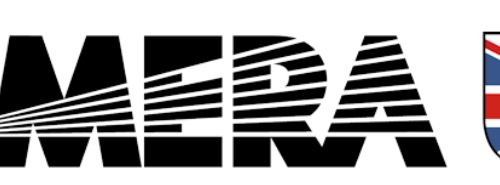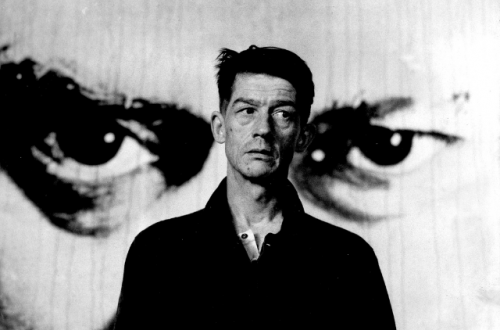In a review I wrote of Dial M for Murdoch on Amazon I concluded:
A still trickier balance to get right is that between freedom and privacy. Having recently read Nick Cohen’s excellent You Can’t Read This Book, I paused on a detail included in a footnote on p.75. Paul Dacre is quoted pointing out that `this legislation would have made Britain the only country in the free world to jail journalists and could have had a considerable chilling effect on good journalism’. That assertion seemed worth dwelling on, even if only to prove that it was misleading or distorting in some way.
Watson and Hickman see things from the perspective of people who have had their privacy invaded. But freedom of speech, freedom of the press, is important too, and it would have been good to acknowledge more clearly that there are dangers involved in curtailing press freedoms, even if the catalogue of deplorable incidents charted in the book doesn’t, quite understandably, encourage the reader to remember that fact.
Like most others here I completely rejected Jonathan Glennie’s implication that press freedom might be sacrificed for some vague greater good. However it is possible to disagree with Glennie and still accept, of course, that press freedom shouldn’t be extended to include the freedom to engage in criminal behaviour. I also agreed with this comment (by Saoirseintleachtach) which appeared under Glennie’s original post over on CiF.
“I think it is important to separate the freedom of journalists and social critics to comment to an international and domestic audience, from the freedom of a private corporate [sic] to gain media market dominance within a country.”
So – (for a change) I agree with the Guardian’s response to the arrests of Brooks, Coulson and others. The press needs to be both free and plural. Although I am still not sure how to achieve the right balance between protecting the freedoms Nick Cohen supports so eloquently, and preventing the abuses charted by Tom Watson and Martin Hickman.


